SCO Goa meet unveils ‘big gulf of distrust’ between India and Pakistan
Our Distinguished Fellow for Foreign Policy Studies, Amb. Rajiv Bhatia, was quoted by WIONews on the SCO Foreign Ministers Meeting. Read the full report here.
 Courtesy: WION
Courtesy: WION
Our Distinguished Fellow for Foreign Policy Studies, Amb. Rajiv Bhatia, was quoted by WIONews on the SCO Foreign Ministers Meeting. Read the full report here.
 Courtesy: Mappr
Courtesy: Mappr
India is rapidly increasing its economic engagement with Russia, and other former Soviet countries. This means it must look at old friends in Central Asia with new eyes. Uzbekistan is one of them. India is one of a quartet of geopolitical powers playing to the strategic interests of this nation which sits at the crossroads of South, East, West and Central Asia and Russia.
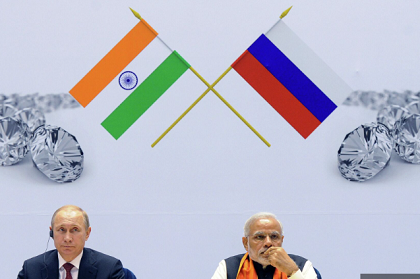 Courtesy: Sputnik News
Courtesy: Sputnik News
India’s G20 and SCO presidencies have both promise and complexity, for itself and for Moscow. India need not involve itself in crisis settlement, but focus on economic issues, food and energy security, innovation and terrorism. Moscow can help itself by aligning its interests with India’s especially at multilaterals and the global south outreach, and potentially rebuild bridges with the developed north.
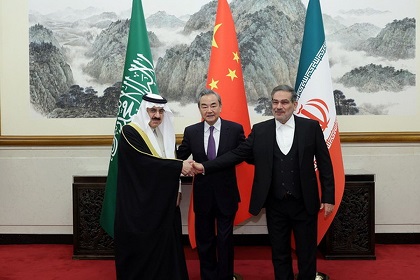 Courtesy: Vox
Courtesy: Vox
The restoration of diplomatic ties between Iran and Saudi Arabia marks the end of a seven-year marathon of indirect confrontations and impasses involving a broad spectrum of actors. It allows both to harvest economic and political benefits. Most importantly, it confirms China’s status as a significant power with influence to unlock broad and complex international agreements.
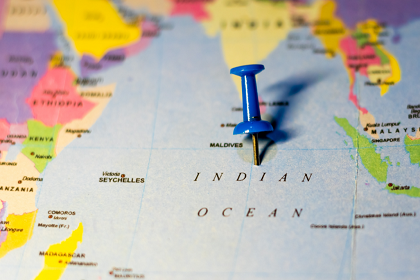 Courtesy: United Nations Economic Commission for Africa
Courtesy: United Nations Economic Commission for Africa
The Indo-Pacific is viewed by powers within and outside the region as both a strategy and policy to interpret the changing geopolitical dynamics in Asia and beyond. But the question of its geographical and geopolitical definition has varied. Opinions among governments and academics have traditionally differed, but over the years, a viable consensus for a wider definition of the concept seems to have emerged.
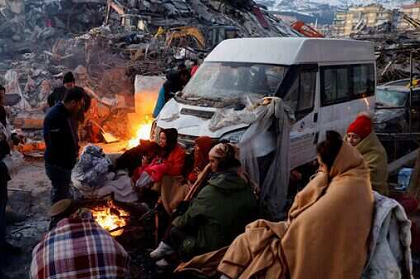 Courtesy: Hindustan News Hub
Courtesy: Hindustan News Hub
The earthquakes that struck Turkey and Syria on 6 February devastated those regions. India established its credentials as an early responder, along with the global community. Humanitarian aid may not lead to a significant change in regional foreign policy, but people’s goodwill has been established in Turkey and a window opened in Syria for normalisation with its Arab partners.
 Courtesy: Dr. S. Jaishankar /Twitter
Courtesy: Dr. S. Jaishankar /Twitter
Canada is committed to playing a larger role in the Indo-Pacific and has adopted a pragmatic approach to achieving its five objectives. These are promoting peace and security; expanding trade; connecting people; building a sustainable and green future; with Canada serving as an active partner in the Indo-Pacific. India will do well to understand Canada's compulsions and work with it with enthusiasm.
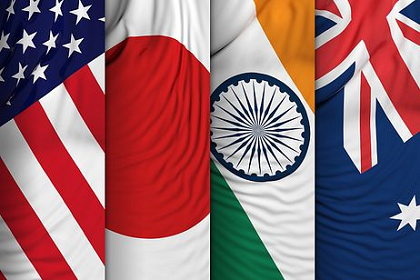 Courtesy: The Diplomat
Courtesy: The Diplomat
The Ukraine crisis transferred global anxiety away from China and onto Russia. But this has not happened in the Indo-Pacific, where the Quad countries have followed a policy of economic disengagement from China, in the backdrop of the COVID pandemic and the regeneration of some economies. How the Quad managed this, is a worthwhile assessment.
 Courtesy: WAM/ Shutterstock
Courtesy: WAM/ Shutterstock
The Gulf is increasing its diplomatic weightage globally. The maximum acceleration has been by the UAE, which is leveraging its advantages of economy, location, and connectivity to position itself as a key regional and geopolitical facilitator.
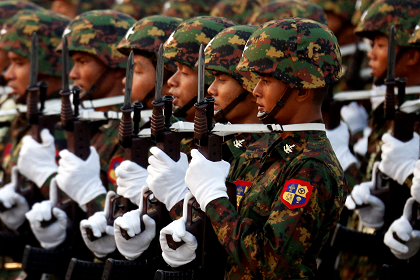 Courtesy: Reuters
Courtesy: Reuters
February 1, 2023 marks the second anniversary of the military coup in Myanmar. The country is now in a dire situation with a deteriorating economy, rising poverty and high unemployment. ASEAN, the UN and India continue to work with the Myanmarese military leadership, which is the only player able to provide solutions to alleviate the distress.